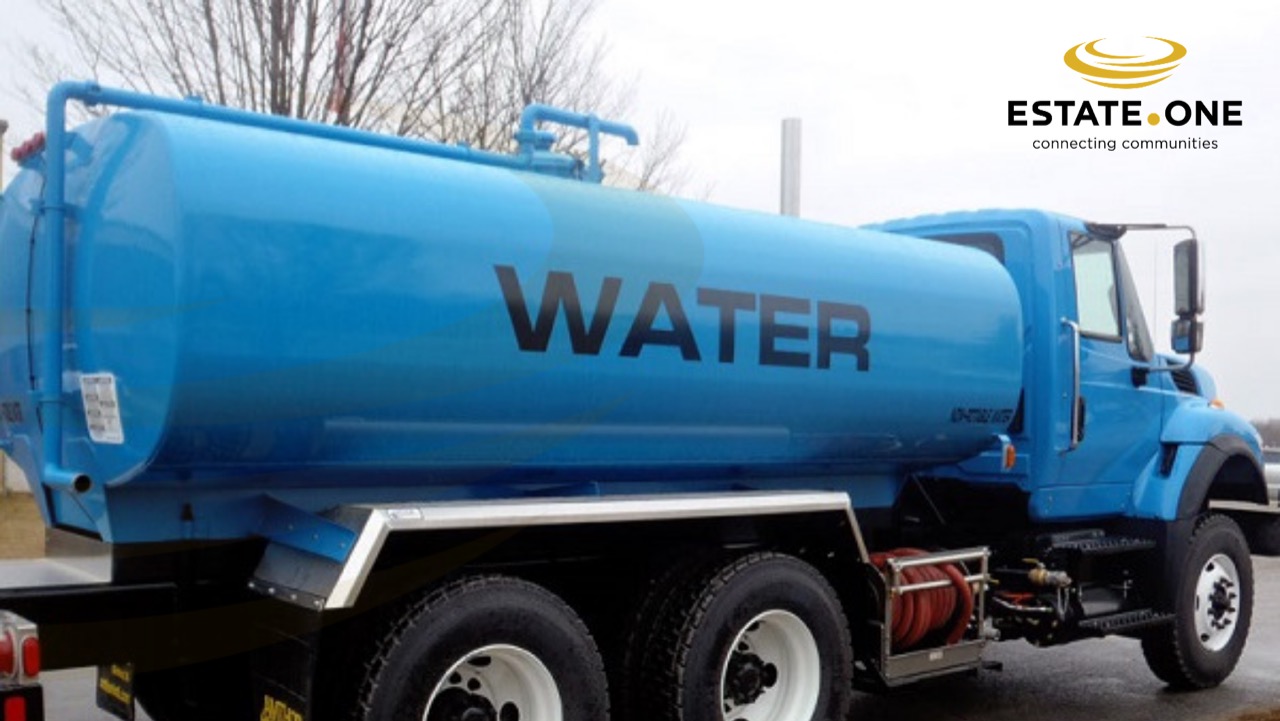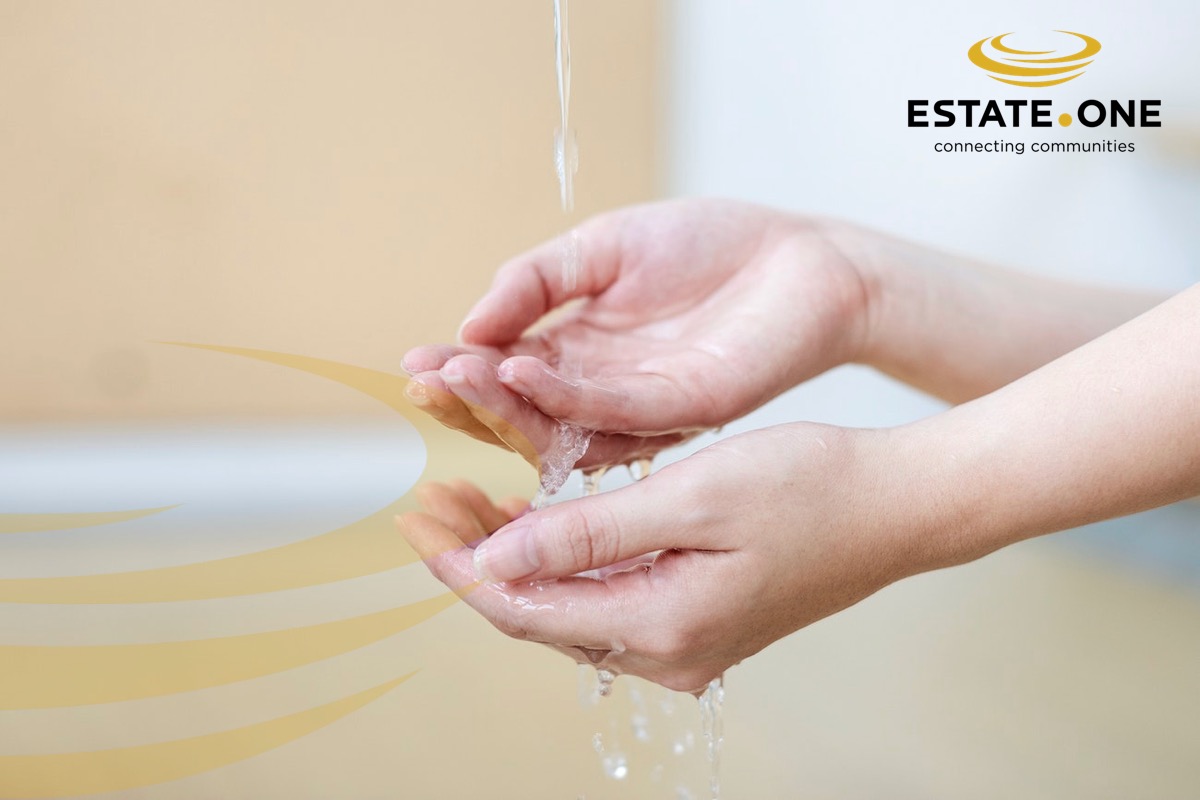
The hidden cost of water tankers!
Do you get water from tankers to your community? When we subscribe to a water tanker, we pay Rs. 700 for 4000 litres (as of December 2020), and are happy that we are getting the required water delivered to the house.
What we are unable to see is the real cost of a water tanker. Let us explain this in detail.
The hidden cost of tankers
- The Source of water:
We never bother about the source of the water we get delivered through tankers, whether it is from a well, a lake, or a dirty pond. We don’t know what bacteria and viruses are flourishing in the source because of the lack of time and resources, what we do is just dump it into our home and use it as it is. It is just like drinking poison in the name of water, and that is going to hurt us big time when we talk about immunity and disease control. - The Cost:
Today water tankers might cost Rs. 700 but we never know how easy it is for the source that increases the price. Even at that place, they were not available. Residents from their so-called high-end layouts are standing outside their houses in buying camps, collecting water in buckets, and carrying them inside. Is your community ready to handle a crisis like that? What if the tanker is at Rs. 10,000? Can you afford it? Or will you ignore buying water? - Pollution from tankers: The amount of pollution caused by a water tanker is only visible when the tanker is going on the road. Mostly old and used vehicles are used for water tankers, we never know the amount of pollution this spew on the road. We are indirectly contributing to increasing pollution when we order a water tanker. When you imagine the thousands of tankers that are on the road every day ferrying water 24/7, you can understand the pollution and other problems with the tankers.
- Traffic problems and road accidents: Tankers are a traffic nuisance and we know that despite what we want to believe. To state a few, reports say, that during 2018 and 2019, SIX deaths have been registered in Whitefield, Bangalore involving water tankers. Where residents say that the numbers could be more. According to the recent RTI, in Bellandur ward alone, during 2017-2019, road accidents left 14 dead and 34 seriously injured, where the residents say that fatalities also included the ones due to water tankers. So indirectly, aren’t we contributing to this?
- Sustainability: Water that is being delivered to our house is actually taken from somewhere, which are mysteriously depleted natural resources at different places, and is just transported to your place. This is as good as mining for water, especially when you can actually collect all the rainwater and plan to make a community sustainable.
- Lockdown: When an extreme emergency like we had last year is due to form, there is always a chance that the movement of the vehicles becomes impossible. In such times, even tankers are rstricted to some extent or can cause immense shortage for water. During the last lock down we heard prices for tankers go up to Rs. 5000 in some areas and waiting times of up to 2 days. How will we survive when there is no tanker because we are always dependent on them?
Is there a solution to the water shortage?
A solution to getting a tanker might solve the current problem, but it is not a permanent solution.
We never know our future, so how can we depend on the availability of time. And even if we can afford a tanker in adverse situations, it is also essential to understand that we cannot survive without pure water and therefore have to invest in sustainable water resources and purification systems using mechanisms, and be ready with a long-term solution.
The direct question for you is, whether our community is ready for a rainwater emergency, and are you really paying the cost of the tanker? Or just sitting in a time bomb where water tankers can control what you consume?
The cost of the tanker you pay today doesn’t count the health risks posing your family and loved ones.
Want to learn about a sustainable community designed by the holistic living ideas, that believes in building itself with such a structure that helps in being a completely water positive community?
WATER-WISE COMMUNITY @ VIJAYANAGARA ECOVILLAGE
At Vijayanagara Ecovillage, we are designing as a sustainable community for water, food is an added advantage. Right from collecting the rainwater to filtration systems that can help run thecommunity in times of emergencies and breakdown, we are taking water conservation to a different level. To know more about this community, write to us today – Connect@estate.one
Let us know what you think in your comments.

